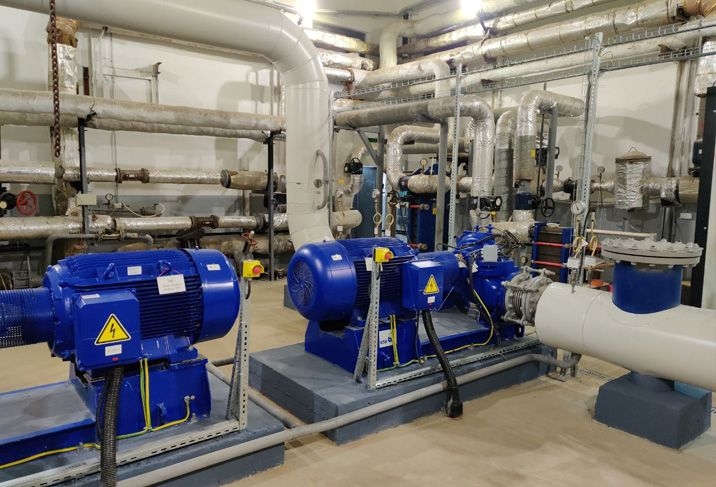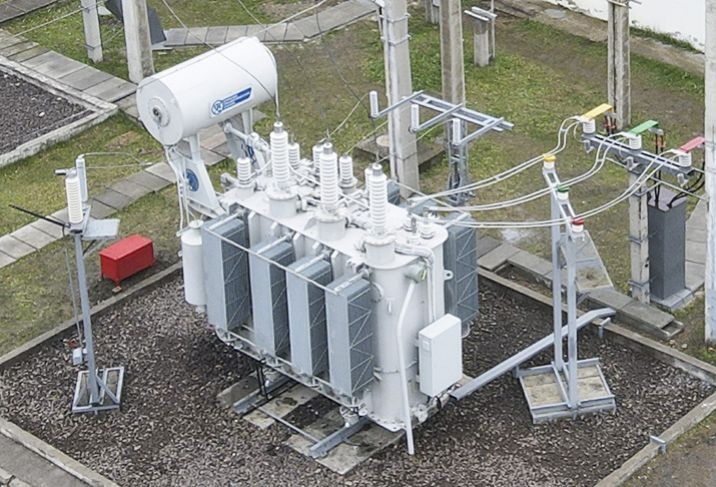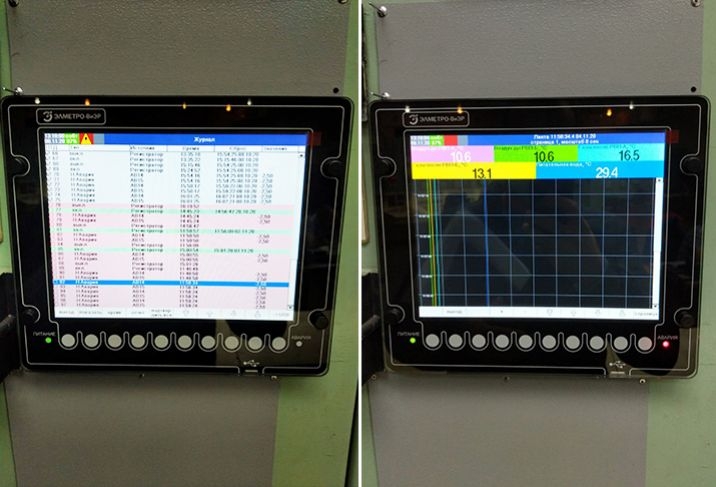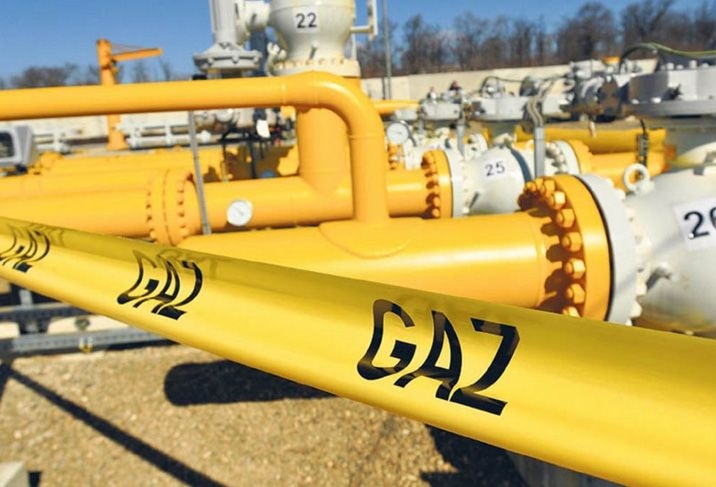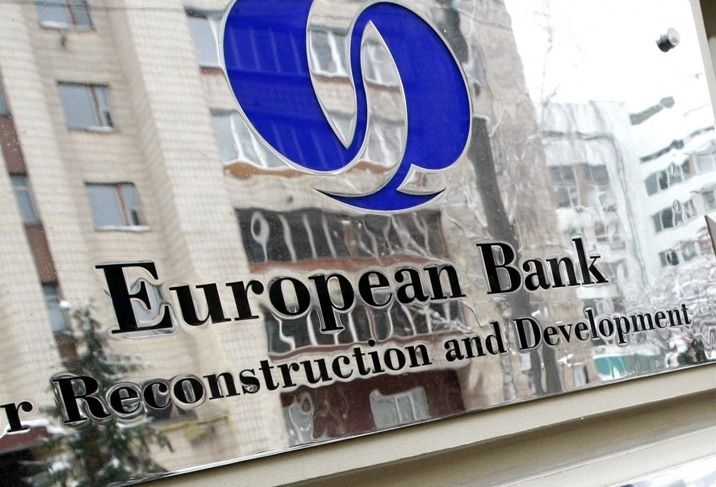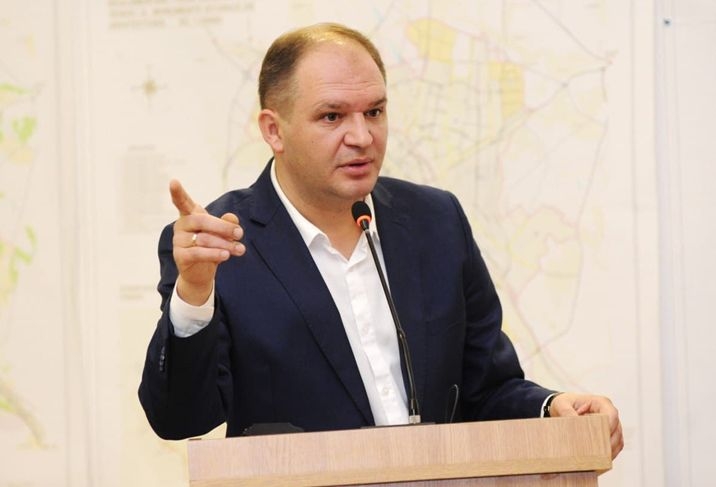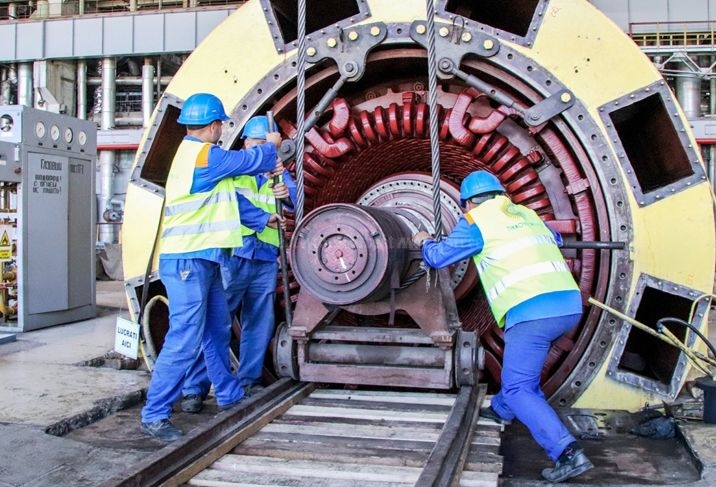
The NBM raised the base rate applied to main short-term monetary policy operations by another 2 percentage points - from 10.5% to 12.5% per annum.
The National Bank of Moldova (NBM) approved such a decision at a meeting of its Executive Committee in the evening of March 15. In addition, the interest rates on overnight loans and deposits were also increased by 2 percentage points - from 12.5% to 14.5% and, respectively, from 8.5% to 10.5% per annum. At the same time, the norm of the obligatory reserves from funds attracted in freely convertible currency is maintained at the current level of 30% of the estimated base. As noted by the NBM, the decision on monetary policy was based on the analysis and evaluation of macroeconomic information available after the preparation of a forecasting round in January, which, although confirmed in general some hypotheses and conclusions, reflected in the Report on Inflation N1 for 2022, but also shows a greater risk of deviations in the context of external and internal factors. In particular, as emphasized by the National Bank, tense events in the region worsen regional and global economic conditions, which have serious implications for global inflation, which is already high. In this context, there is an excessive increase in quotations in international markets related to energy resources, food products and metallurgical products, which is superimposed on disruptions in the production and supply chain. International stock and financial markets are experiencing increased volatility. In addition, there is a humanitarian crisis due to the wave of refugees from Ukraine. At the same time, tensions in the region are fraught with greater uncertainties and risks, which may adjust upward inflation forecasts. Against this backdrop of inflationary pressures, both reserve currency central banks and central banks in Central and Eastern Europe are signaling or continuing to tighten monetary policy. As noted by the NBM, price shocks are inevitable for any economy, but more vulnerable are countries that are dependent on quotations and the development of international markets in terms of import prices, among which Moldova is included. Thus, the annual inflation rate in February 2022 unfolded as expected, exceeding the level of January 2022 by 1.9 percentage points and reaching an expected level of 18.5%. However, at the level of sub-components of inflation there are significant deviations between actual and forecasted values, which, although compensatorily adjusted, signal about large risks of the inflation process in the near future. The National Bank emphasizes that the medium-term evolutionary trajectory of GDP is influenced by risks and uncertainties related to the situation in the region, mainly determined by the duration, scale of the war and possible escalation. In this sense, the impact on the increase of population consumption by refugees on the one hand and the reduction of remittances both from the CIS space amid tensions in the region and other states amid rising cost of living at the international level and limiting the possibility to save money of our compatriots working abroad, thus mitigating the sources of financing consumption on the other hand, is identified. The NBM points out that credit activity continues to exert pressure on the inflationary process, having recorded a high growth rate in February (+49.7%), although the annual growth rate of loans in national currency has somewhat slowed down. At the same time, the weighted average interest rate on new loans and new deposits attracted in the national currency continued its progressive dynamics in February 2022, due to the restrictive nature of decision-making, which began in July 2021. Thus, the weighted average rate on loans and deposits amounted to 9.22% and 4.97% per annum, respectively, increasing by 0.13 p.p. and 0.11 p.p., accordingly, compared to January of this year. Currently, the National Bank observes an increase of risks and uncertainties at the global, regional and national levels, generated by the conflict in the region, and the prospects of economic conditions in the context of these events are unreliable. The consequences of these events cause an unprecedented situation in Moldova, and the national economy is subject to structural changes. In this context, the positive deviation in the first two months of the food and fuel price forecast, the aggravation of the situation in the region, which led to a sharp acceleration of oil and natural gas prices, the possible distortions in supply chains together with the increased demand, outline the risk of positive deviation, strongly pronounced both for the short-term inflation forecast (I quarter 2022) and for the medium-term inflation forecast. Thus, after having analyzed and drawn conclusions during the meeting, taking into consideration the evaluation of the risk of deviation from inflation forecast, the Executive Committee of the NBM decided to increase the base rate and the interest rates on overnight credits and deposits, by 2 percentage points. The decision is aimed at reducing inflationary pressures, the consolidation of inflationary expectations, and the protection of households' deposits and savings. The NBM reiterated that it will closely monitor the evolution of inflation components and factors that may affect its evolution, as well as risks and uncertainties related to short and medium-term forecasts. In the coming period, the NBM will closely monitor the level of liquidity in the banking sector and, if necessary, will inject enough liquidity into the market. The next meeting of the Executive Committee of the NBM on the promotion of monetary policy will be held on May 6, 2022, according to the approved schedule. It should be noted that the current hike of the base rate, applied to main short-term monetary policy operations, is the third this year, and each time it has been increased by 2 percentage points. The last time the National Bank raised the refinancing rate on February 15 - by 2 percentage points - from 8.5% to 10.5% per annum, and before that, on January 13, it also increased the refinancing rate by 2 percentage points - from 6.5% to 8.5% per annum.
Source: infomarket.md

